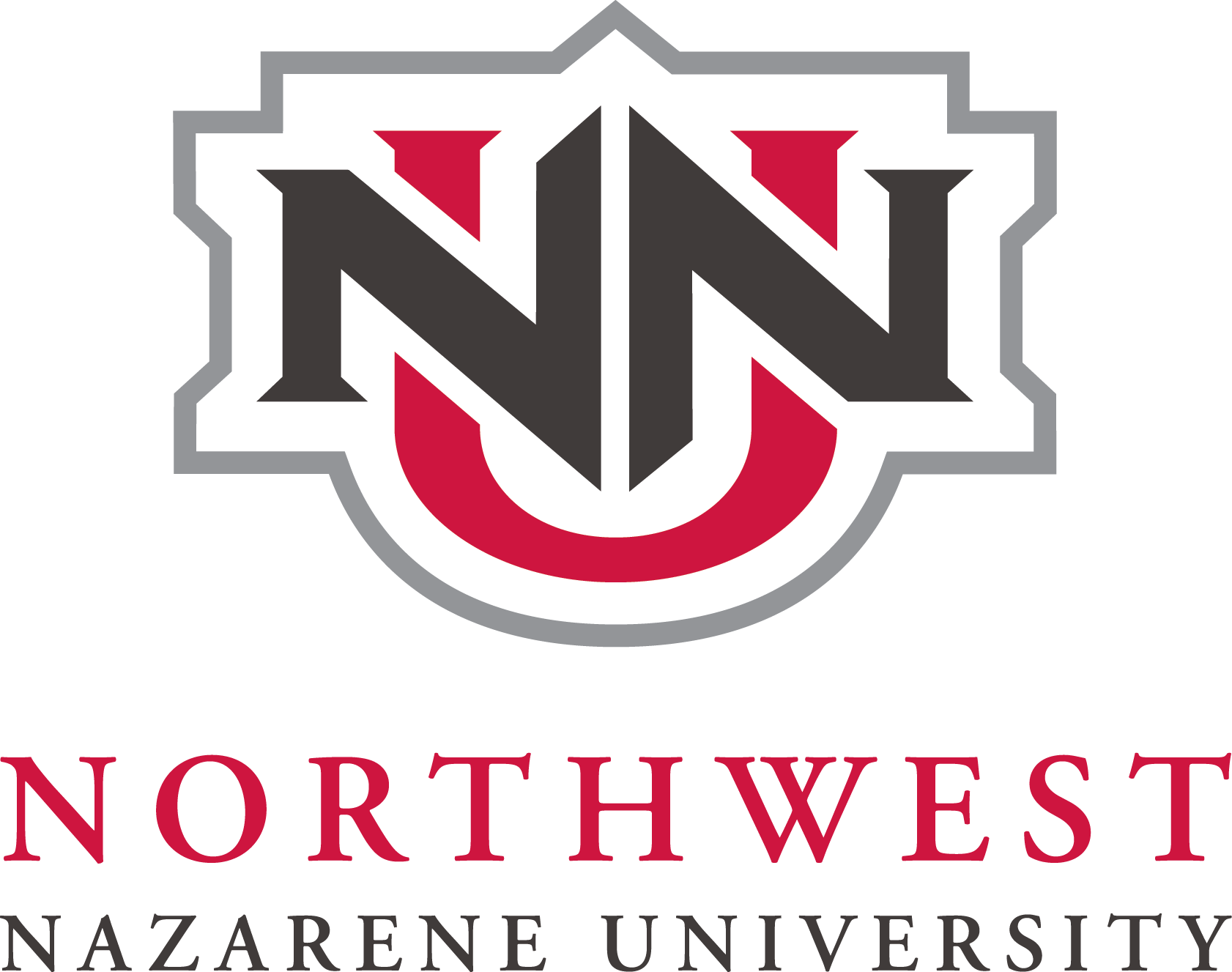What’s your instinct when you have a question about something? Pull out your smartphone and Google it, Wikipedia it, or Reddit it, right? ChatGPT, maybe? These are all great tools (well, maybe not Reddit, although it can be quite entertaining), but, when it comes to choosing what your major will be in college, they won’t cut it. Plug “software engineer” into Wikipedia and you get a lot of information, but not much of it will help you know whether it’s right for you.
Choosing a major is important—everyone would agree on that. But how do you cut through the noise? Career aptitude tests are useful and your parents may be very wise, but only you can decide what’s right for you. To help, we’ve compiled our favorite Dos and Don’ts to consider as you look at your options.
First, the Don’ts.
Don’t Follow Trends (or Money)
No matter what the pundits say is the next “hot” career, don’t fall for the trap of choosing a major based primarily on current trends or expected job market demand. Or even a lucrative salary. Yes, it’s important to be aware of what’s in demand when you go to find a job, but if it doesn’t fall within your strengths, interests and abilities, you’ll be miserable. Don’t sacrifice your own passions for a major that doesn’t fit who you are. Twenty years from now you don’t want to be well-off financially but miserable in your job.
Don’t Please Others (Too Much)
Although it is healthy to get input from family, professors and peers who know you well, try not to feel pressure to choose a particular major based on their expectations. Ultimately, the decision is yours. A large part of the college experience is about self-discovery and learning how to pursue your own passions and aspirations. Lean into this.
Don’t Rush
You definitely don’t need to declare a major right away. Most first-year students don’t know for sure what they want to do. Use your first year to knock out as many general education requirements as you can and explore electives that interest you.
Don’t Be Afraid
Being scared you’ll make the wrong decision can either paralyze you or lead you to something you’re not really suited for. It is ok to be uncertain, but take some actions that will help give you some clarity. Visit Career Services, talk with your advisor and do some soul-searching. Be confident while you are searching. It’s okay to tell people, “You know, I’m really not sure what my major will be yet, but I’m taking some time to explore my options.”
And Now, the Dos.
Do Know Yourself
Know what you are interested in and what you are good at—what comes naturally to you. If you don’t truly enjoy math, physics and problem-solving, being a civil engineer probably isn’t best for you. Your interests and aptitudes should guide you.
Do Ask For Help
Although choosing a major should be your decision to make, seek input and advice. This could come from your advisor or trusted professor, Career Services, parents or a number of other trusted people. Advisors will be experts in helping you connect a major with careers, and those who know you well can ask open-ended questions that will help you clarify your own thinking.
Do Consider Cost
We all know that college is a significant investment of time and money. Consider whether the major you choose requires additional education. For example, a psychology major will need to get another degree before they can become a social worker. It’s great to chase your dreams, but you’ll need to consider at what point you need to earn a living wage.
Do Be Willing to Work for It
The very best outcomes rarely come for free. You’ll need to be willing to put some time and energy into the process. Check out job postings in your area of interest, volunteer, seek an internship and take career assessments. Each action you take will help guide you into your future.








